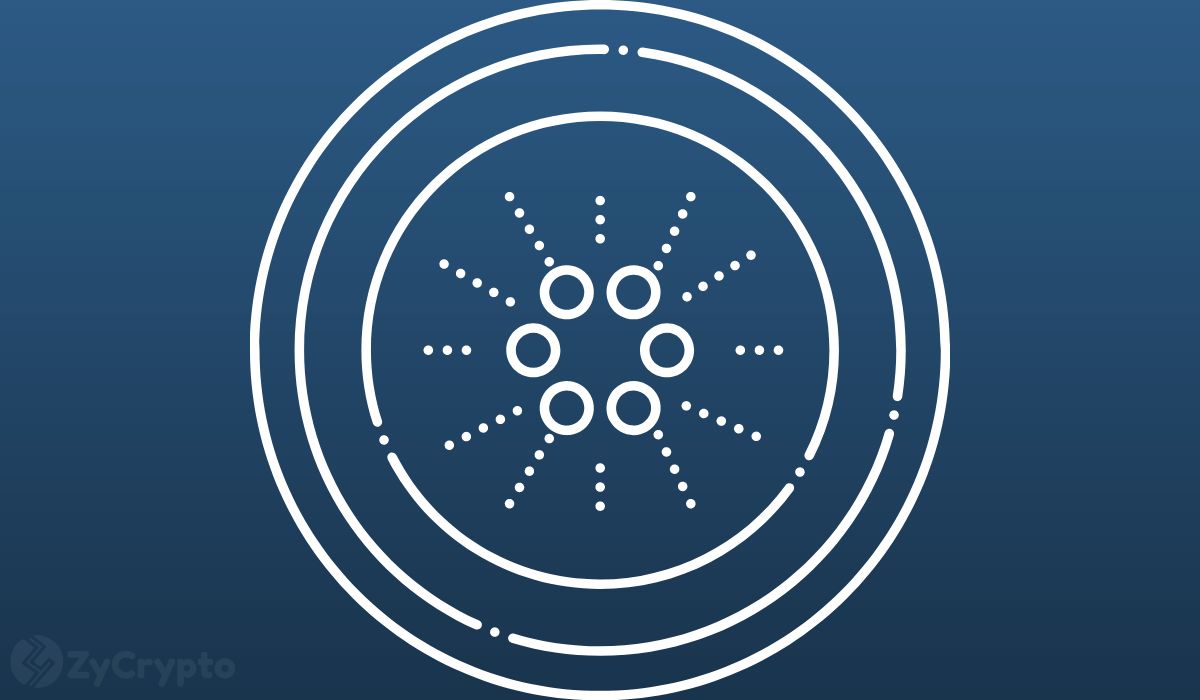
 
 
While most in crypto would be familiar with stablecoins like USDC and USDT, projects such as DJED are not yet as popular. USDC, for example, is a centralized stablecoin issued by Circle and pegged to the U.S. Dollar.
It is backed by cash in U.S. Dollars and U.S. Treasuries held by financial institutions and is fully audited. Stablecoins offer a fast and easy way in and out of crypto and especially decentralized finance (DeFi). Djed, which launched in January 2023 as a well-researched project on Cardano, on the other hand, is a so-called algorithmic overcollateralized stablecoin, which is a decentralized stablecoin.
On September 4, COTI, the issuer of Djed, sent out a post saying an update to Djed was released. The post read: “An upgrade to the Djed protocol has just been implemented with improvements to the Chain Index and Pub User. We’ve also reduced the operator fees as well as the minimum amounts needed to mint $DJED and $SHEN.”
Djed Upgrades
Here are the main upgrades made to Djed according to COTI:
1. Chain Index Optimization: Enhancements to the Chain Index aim to reduce errors in exchange rate calculations, improving performance, robustness, and scalability by synchronizing Djed’s state on Cardano into an SQL database.
2. Pub User Upgrade: The Pub User application now offers increased responsiveness, performance, and scalability, facilitating order production and reflecting the state of wallets holding DJED/SHEN.
3. DJED & SHEN Minimums and Operational Fees Reduced: To incentivize more users, minimum minting and burning amounts for SHEN and DJED have been lowered to 200 units. Further, the developers reduced operator fees to 5 ADA, lowering the entry barrier for new users. These new participants will, in turn, increase liquidity.
Djed and UST Crash
A now infamous example of another stablecoin is TerraUSD (UST). This type of stablecoin uses smart contracts to keep the value as close to the Dollar as possible, constantly rebalancing it.
In the case of UST, the balancing mechanism failed when traders broke the peg of UST. Terraform Labs and others tried to stabilize UST by buying $2 billion worth of UST but the ongoing sell-off drained funds and caused hyperinflation for the sister Token LUNA. However, the difference between Djed and UST is how they are kept stable.
How Djed is different
Djed, built on the Cardano blockchain, aims to maintain a stable value by using a unique mechanism involving three different tokens: ADA, DJED, and SHEN. This system employs a distinctive burn mechanism for stability.
Without going into too much detail, a very important safeguard of Djed is that a collateral ratio between 400% and 800% is maintained for DJED and SHEN tokens. If the ratio falls below 400%, new DJED minting is prohibited, and SHEN burning is not allowed. Only DJED burning and SHEN minting are permitted to increase the collateral ratio. Conversely, if the ratio exceeds 800%, new SHEN minting is prohibited, but SHEN burning can decrease the ratio and restore stability.
In July 2023, these mechanisms were tested when the reserve ratio dropped to 346%, stopping new Djed from being minted until the collateral was over 400%. As this was per design, the effort put into the stablecoin has paid off.
